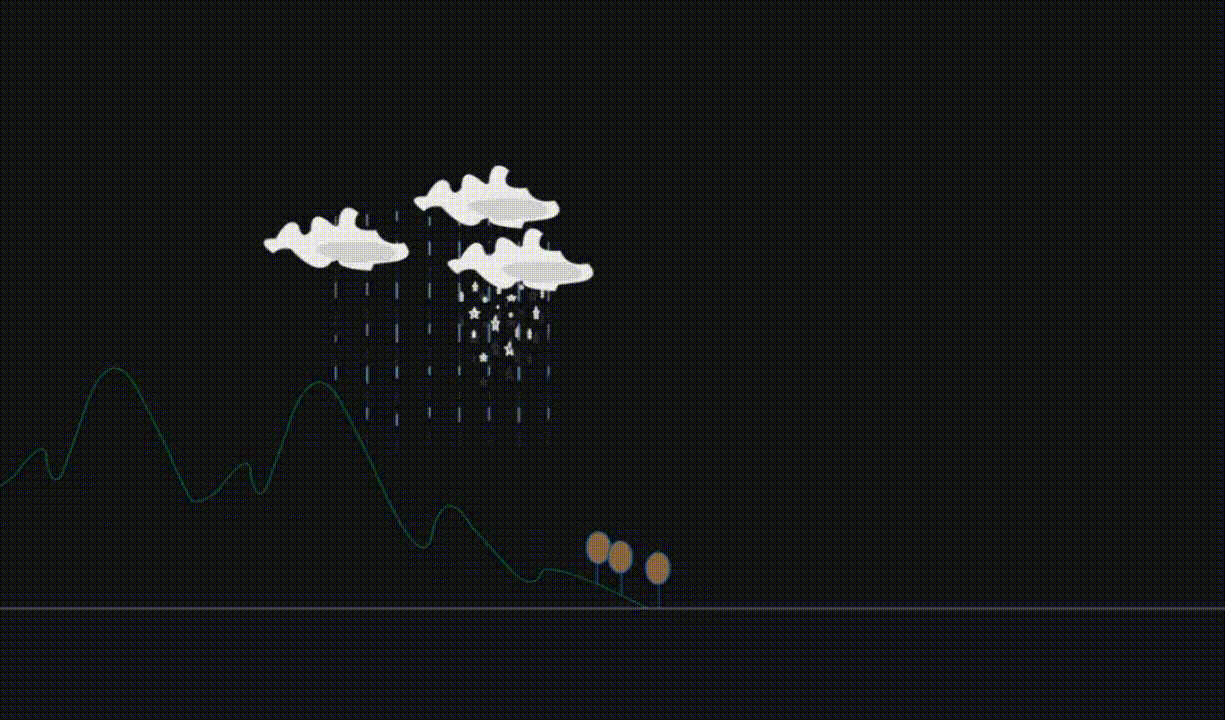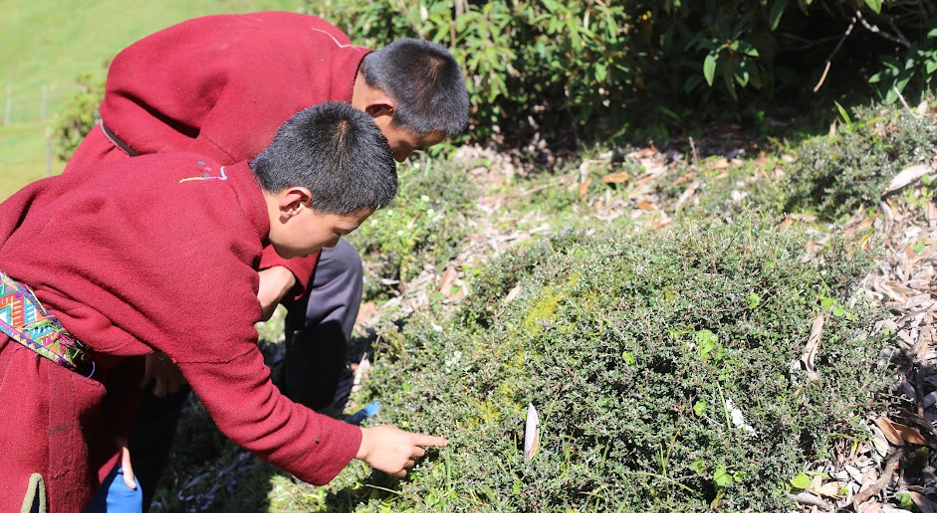Why HEROES?
Globally, Bhutan has been categorized as one of the countries that will severely face an adverse impact of climate change given its dependency on highly climate sensitive economy such as hydropower, agriculture and eco-tourism. However, without access to reliable bioclimatic-data at an appropriate spatial and temporal scale, it poses an immense challenge to understand climate change impacts and to design an appropriate adaptation strategy.
Bhutan lacks baseline observation data to understand how climate change will impact its biodiversity. While we do have weather stations that provide climate data, we don’t have any records on how our mountain landscapes are responding to climate change. The usage of earth observing satellite data is seriously challenged due to its highly complex topography. Even to make any reasonable inferences from satellite data analysis, it needs extensive validation using observation data.
The project’s data is expected to be used to understand how seasonal timing of plant has changed over years and its impact on conventional farming practices in Bhutan. Its application can be varied; from knowing the right time to sow seeds, apply fertilizer and pesticides, carry out weeding, and to what can be grown where, etc. In addition, the ground data is expected to consolidate satellite images to monitor how vegetation range shifts and its impact on existing protected area network and biological corridors in Bhutan. Ultimately, such information is expected to facilitate data driven decision making in natural resources conservation, planning and management against the backdrop of projected climate change scenarios. Above all, the possibility of engaging and training students as the next generation scientist and researchers stands out as its unique feature.
What do we do?
Himalayan Environmental Rhythm Observation and Evaluation System (HEROES) is a citizen science initiative to monitor climate variability and its impact on the terrestrial ecosystem in Bhutan. It was established in 2015 to observe, record, store and share climate and phenology data or information to enhance understanding of climate changes and its impact in Bhutan.
As monitoring system, HEROES not only generate a yearly climate and phenology data, but also promotes better understanding and appreciation of climate change and its impact on biodiversity in Bhutan.
Across the globe, phenology is widely used as a nature calendar - when the peach tree blooms, when the black neck crane migrates, when farmers plant paddy, etc. These seasonal appearances are intricately linked to climatic conditions such as temperature, precipitation, and sunshine hours. Changes in phenological events such as the timing of budburst, flowering, etc are the most sensitive biological indicator of climate change. Basically, a yearly record of when plant’s leaf sprouts, flower blooms, fruit ripen, etc, provides an immense value in understanding how biodiversity is responding to climate change. In addition, we have also established a network of weather stations at the same site where we monitor phenological events of plants on daily basis. This enables us to closely monitor how local variation in temperature and precipitation affects the timing of plants and animals phenological events over years.

Why schools?
The leadership begins in school, and school is a place where we can make lasting, impactful and scalable investment for a sustainable future. In the face of global climate change, the next generation of citizens will ultimately face the brunt of climate change. We are obliged to arm them with necessary knowledge, skills, experiences and efficacy to live harmoniously in an environment that they will inherit.
In total, 20 schools located across the country and representing different ecological or elevation zones are currently involved in HEROES, with lowest elevation of 200 m to the highest elevation of 3030 m (AMSL). Every year, we involve 400 students (20 schools) across the nation to observe around 100+ species of plant and record their lifecycle events and their timing on daily basis. In addition, students also manage the automatic weather station that logs data every 10 minutes.
Unlike other climate monitoring sites, the HEROES project is unique. It trains the next generation of scientists right in their school backyard. Also, it brings value-added and targeted learning experiences to the classroom and bridges the gaps between scientists, researchers, and educationists.






